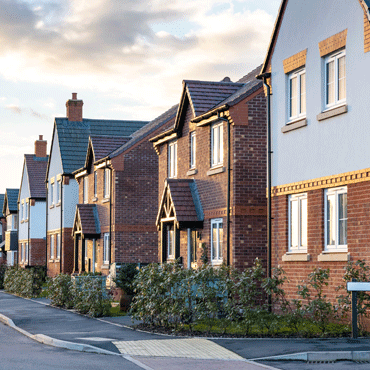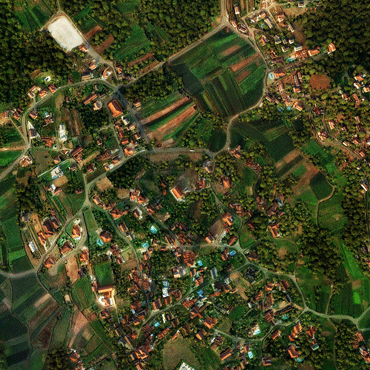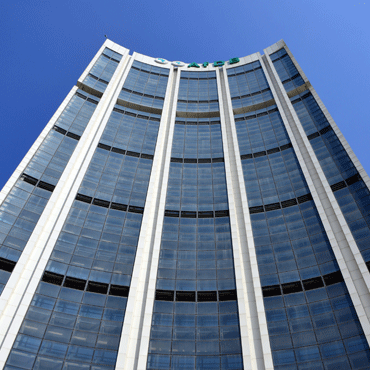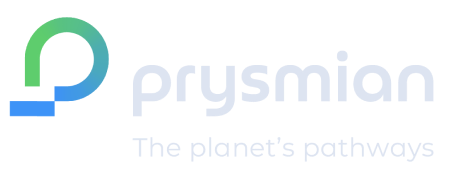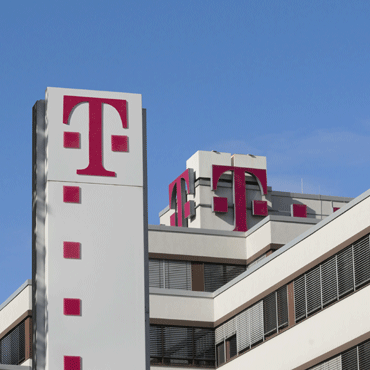NExsT 1 2022

The UK Government recently tabled a consultation on changes to its Building Regulations (2010). In effect, it will become mandatory for property developers to ensure almost every new home supports Gigabit connections. This includes ensuring physical infrastructure needed for such connections is provided on site. If this exceeds a £2,000 (incl. VAT) cost cap, in rural areas for example, the Government’s £5bn Project Gigabit programme can help. This largely focuses on rural premises to help extend Gb network coverage to at least 85% of UK premises by the end of 2025, targeting ubiquitous coverage by 2030.
FTTH Council Europe official full-fibre in rural Europe report
The FTTH Council Europe has launched its first official report about full-fibre in rural Europe. This which provides a general overview of the goals, actions and results of FTTH deployments in rural areas in a selection of 10 EU countries. FTTH/B is progressively being deployed at a very different pace amongst the countries under study.
Over two-third of rural households currently have an NGA2 access, but FTTH/B coverage is still lagging in non-dense areas. Only 22% of households are covered, compared to 45% for all territories in EU27+UK.
Sapere Research Group affirm fibre’s green credentials
Findings from Australasian research firm Sapere Research Group indicate that Fibre is the best broadband option for consumers concerned about carbon emissions. A recent report from the company indicates that an entry-level fibre plan operating at 50Mb/s is up to 41 % more efficient than copper VDSL and up to 56 % more efficient than 4G fixed wireless. Fibre was found to be up to 29 % more efficient than HFC for higher-speed plans (around 300Mb/s) and up to 77 % more efficient than 5G fixed wireless.
African Development Bank grants US$ 1.5 m to Smart Africa Alliance
The African Development Bank Group has approved a US$ 1.5 million grant to assess policy gaps in digital trade and e-commerce systems in ten African countries. The financing will go to the Smart Africa Alliance collective of 32 African countries, organisations and corporations that aim to create a single digital market in Africa by 2030. “One of the critical challenges preventing the continent from preparing for Africa’s bold new future is the inability to conduct cross-border payments for goods and services due to a lack of solutions and crippling policies,” Lacina Koné, CEO of Smart Africa. “Our partnership with the African Development Bank is crucial in creating an enabling environment to advance e-payments, and the digital economy is essential for Africa’s renaissance.”
School connectivity pilot from Unesco, Huawei and Kenyan government
Huawei, Unesco and Kenya's Ministry of Education and Ministry of ICT, Innovation and Youth Affairs are jointly running a school connectivity pilot. Maragima Primary School in Nyeri County is one of thirteen beneficiaries. The initiative is part of the ‘Global Education Coalition’ partnership which has some 200 members and aims to accelerate deployment of remote learning solutions. The initiative builds existing government educational investments, utilizing the National Optic Fibre Backbone Infrastructure which reaches across most of Kenya’s counties.
Prysmian 2021 financial results: record sales and project orders secured
“The recovery trend gained pace at the end of the year, allowing the Group to close 2021 with sharp growth in revenue and exceed the guidance previously announced to the market,” stated CEO Valerio Battista. For the first time, sales exceeded €12 billion, a record milestone, and Adjusted EBITDA grew sharply, with stable margins despite significant rises in commodity prices. In particular, our results were driven by the resilience of the Energy business segment and the recovery in Telecom. We have started 2022 with the same conviction and determination, which includes setting ambitious new targets for the year, with an expected Adjusted EBITDA in the range of €1,010 million to €1,080 million and a free cash flow target of €400 million ±15%,” concluded Valerio Battista.
UK government commits to better broadband for 500,000 more rural premises
The UK Department for Digital, Culture, Media & Sport have committed to providing better broadband for 570,000 more rural premises via the £5bn Project Gigabit scheme. The projects will help the government deliver its target for at least 85 per cent of the UK to have access to a gigabit-capable connection by 2025. The UK has hit 57 % gigabit coverage, up from less than six % in 2019.
FTTH to over 4m German homes through new joint venture
Deutsche Telekom has agreed a long-term partnership with IFM Investors, via the IFM Global Infrastructure Fund. The parties will jointly bring Gb-capable FTTH broadband to over four million homes in rural areas of Germany by 2028. IFM GIF will acquire a 50 % stake in the new venture named GlasfaserPlus.
‘The GlasfaserPlus joint venture has strong socio-economic benefits as well as long-term cash-flow predictability,” stated Kyle Mangini, global head of infrastructure at IFM Investors said. “This will help us deliver on our purpose, which is to protect and grow the long-term retirement savings of working people.”





